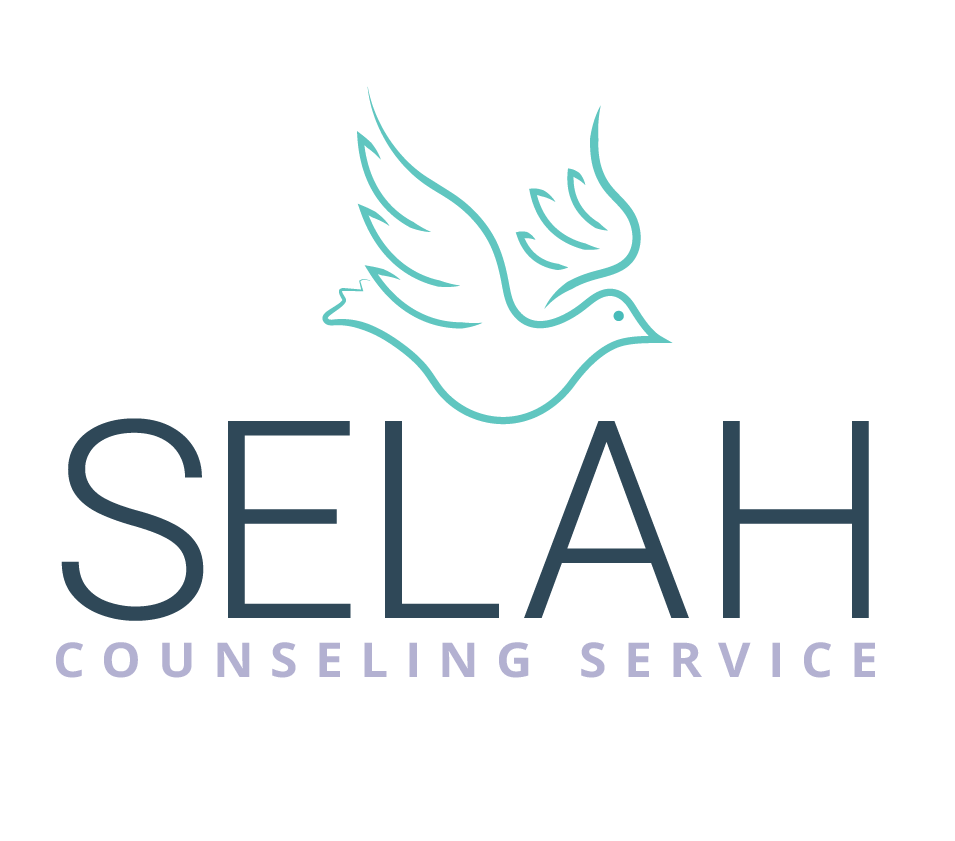 Self care isn’t just about pampering yourself with a day at the spa or nice relaxing evening after a stressful month. Sure, these things are wonderful, but self care should be planned and intentional, not something you fall back on once you have reached a stressful break-down. It is there to help you mitigate the accumulation of stress so that you never have to reach your wits’ end. It helps to think of self care as a beautiful garden that needs consistent tending to with water, light and proper nutrients. Waiting for the garden to dry up to a dire point and flooding it with water, albeit beneficial, isn’t nearly as effective. Self care can be implemented in any area of your life. Here are two of the most common areas people find it extremely helpful.
Self care isn’t just about pampering yourself with a day at the spa or nice relaxing evening after a stressful month. Sure, these things are wonderful, but self care should be planned and intentional, not something you fall back on once you have reached a stressful break-down. It is there to help you mitigate the accumulation of stress so that you never have to reach your wits’ end. It helps to think of self care as a beautiful garden that needs consistent tending to with water, light and proper nutrients. Waiting for the garden to dry up to a dire point and flooding it with water, albeit beneficial, isn’t nearly as effective. Self care can be implemented in any area of your life. Here are two of the most common areas people find it extremely helpful.
Physical Self Care
The physical body is usually the first thing that comes to mind when we think of self care. Physical self care is anything that supports or improves your physical body. This includes going to the gym, getting an adequate amount of sleep and taking care of your dietary needs. It also includes not ignoring medical issues, seeking the care of a nurse or physician when possible and taking any medications you are prescribed.
The goal of physical self care shouldn’t be to have a ‘perfect’ body or ‘perfect’ diet. The idea of perfection is likely to add to your stress which defeats the goal of self-care. Just aim to do the best you can, coming from a knowledge that your body is a temple and it glorifies God to take care of it (I Cor. 6:19).
Emotional Self Care
We are all emotional beings and emotional self care is all about allowing yourself to be and to accept your emotional self. With that being said, it is also about improving your emotional intelligence and learning to let go of the emotions that do not serve you and your well-being. This is no easy feat and takes a lot of practice so, like any other area of self care it is of utmost importance to approach it in a loving way. If you don’t know where to start, below are three actions you can take to support your emotional well-being.
Writing Down Your Feelings
Keeping a diary may seem silly to some, but it is an amazing tool when it comes to expressing and accepting your emotions. Without expression and acceptance emotions are difficult to get rid of. A journal helps you identify the negative emotions in your life as well as pinpoint the situations that trigger their appearance.
Finding What You Enjoy
Make time for what you enjoy. Find activities that you enjoy and find a way to do more of it. Whether this means reading a book in solitude or enjoying the company of friends, it’s important to do what brings you joy in life.
Practicing Emotional Intelligence
Emotional intelligence is like a muscle. You have to work on it in order to strengthen it. We all have room to grow and improve our emotional intelligence, but if you find that you are frequently in any of the situations below, improving in this area will make a profound difference in your life and allow you to have a powerful tool when it comes to caring for yourself.
- You have a hard time identifying what you are feeling
- You shut down instead of expressing your feelings due to frustration or inability
- You find it almost impossible to stick to your plans when you are under stress like in the case of emotional eating.
There are many ways to improve your emotional intelligence. One way is by practicing introspection. This involves thinking about what you are feeling and asking yourself questions about why you feel the way you do. You can then try delaying your negative reactions even if for only a few minutes. If you find that after receiving bad news you have a tendency to eat or drink excessively, try delaying that response. By delaying this response a little longer each time you will find it becomes easier and you will become more confident in your ability to control yourself. The goal here is to learn that your emotions do not have to dictate what you do in life.
The Self Care Attitude
It’s important not to approach you self-care plans from a place of guilt or perceived selfishness. Self care is as important to the people around you as it is to yourself. After all, as the saying goes, you can’t pour from an empty cup. Self care ensures that your well-being is taken care of, allowing you to show up and be committed to the important people and obligations in your life.
Remember self care does not end with your physical and emotional self. Virtually any are of your life can benefit from self care. This includes your spirituality, finances, relationships and professional life. Find the areas of your life that cause you the most stress and aim to truly care for yourself in those areas first.
